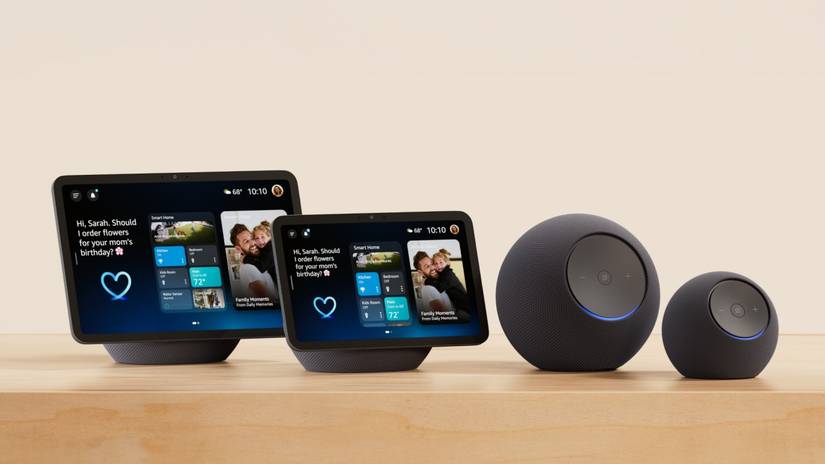If you thought Google had abandoned smart displays, think again. After a few quiet years, the company’s Google Home chief has finally confirmed that it’s still “committed to smart displays,” and the next Nest Hub or possibly a rebranded Google Home Hub is shaping up to be a major AI-powered refresh.
The reveal came straight from Anish Kattukaran, head of Google Home, who teased that the company has “news to share soon” on the smart display front. That’s the clearest hint yet that Google is gearing up for a comeback in the smart display segment. In an interview on The Vergecast, Kattukaran suggested that this next-generation display will be designed with Gemini AI in mind, bringing multimodal capabilities that make use of both voice and visuals.
He pointed out that a screen-based smart home device is the perfect match for Gemini’s strengths — it’s built to see, hear, and respond naturally. That means future interactions could feel less like issuing voice commands. It’s a big shift from the current Nest Hub lineup, which hasn’t seen a real update since 2021 and is showing its age both in design and performance.
Interestingly, this upcoming device could also mark a turning point for Google’s branding. The Verge noted that Google may start phasing out the “Nest” name for its smart displays, keeping it only for thermostats and cameras. The new generation might instead adopt the “Google Home Hub” label, tying it more closely to the broader Google Home ecosystem.
While Kattukaran didn’t confirm a release date, his wording left little doubt that new hardware is coming in the foreseeable future. He called smart displays an “incredible form factor,” especially in the context of Gemini for Home, suggesting that Google sees these devices as the centerpiece for its expanding AI-powered home experience.
Rivalry heats up as Amazon’s Echo Show raises the bar
Google’s timing here is no coincidence. Amazon has already announced new Echo Show models loaded with AI enhancements, including the AZ3 Pro chip and a new edge processing platform called Omnisense, which fuses data from local sensors to make Alexa smarter and more responsive. If Google wants to stay in the game, its next Hub will need to deliver a similar leap forward, ideally combining Gemini’s AI smarts with faster, more context-aware performance.
With Gemini’s multimodal AI at the center, users could expect a device that not only answers questions and controls lights but also understands context, recognizes gestures, and engages in more natural back-and-forth interactions.


